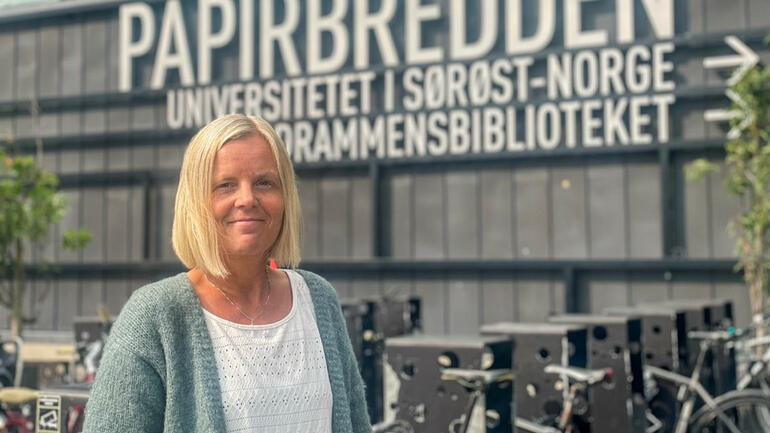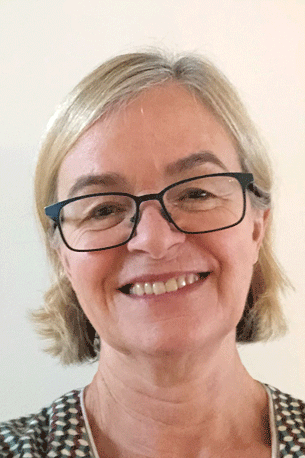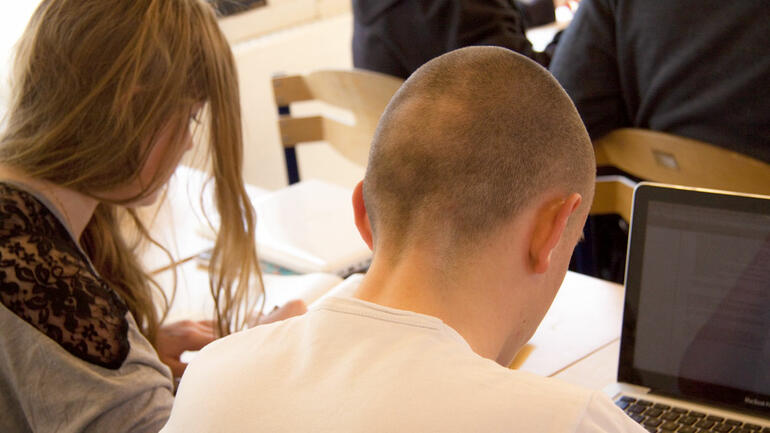In February and March 2023, Associate Professor Agnete A. Bueie from the University of South-Eastern Norway (USN) conducted a survey with responses from over four hundred students. She has recently completed another round, this time with over a thousand responses.
She asked the students about their experiences with and attitudes toward chatbots like ChatGPT when writing. As expected, more students have experience using chatbots like ChatGPT in 2024 compared to 2023.
However, not all students are interested in this technology, and the proportion who claim they are not interested remains similar between 2023 and 2024.
Over the course of a year, students also seem to have developed a better understanding of the technology and are more conscious of how they want to use it, says Bueie.
This is evident, for example, in the fact that more students now view the use of chatbots as cheating or something they don’t want to do.
“Students recognize that technology can provide shortcuts, but fewer students than last year want to hand over the entire writing process to the chatbot. At the same time, more students see it as a tool to be integrated into the writing process,” Bueie explains.
As a writing researcher, Bueie emphasizes the value of writing for learning and development. She finds it encouraging that the majority of students still consider writing and mastering the subject important, even though we now have technology that can generate texts for us.
The emergence of a digital divide in schools
Various factors influence the adoption of artificial intelligence (AI) in Norwegian schools. Now, more schools are implementing data processing agreements that allow chatbots like ChatGPT to be used.
While some teachers in the region already use AI as a teaching tool, others do not. Consequently, a digital divide may arise in schools between students who become familiar with AI/chatbots in their education and those who do not.
In Agnete A. Bueie’s survey, a quarter of the students responded that AI had not been discussed at their school. However, 30% of the students have tried out chatbots like ChatGPT in school, which represents an increase from 2023.
Although today’s youth have grown up in a digital world, Bueie’s findings suggest that not all of them are equally proficient with technology. Some students describe their digital competence as poor, while many consider it average.
Bueie believes that schools can play a crucial role. When students use chatbots in the classroom, they seem to gain a better understanding of the tools compared to using them independently. It becomes a different process. Students also find it acceptable for teachers to use chatbots to simplify their tasks and create assignments, but not for assessing students.

Significance for the writing process
As a lecturer of Norwegian, Agnete A. Bueie is concerned about how services like ChatGPT will impact our writing, especially because mastering the writing process is crucial for learning across various subjects.
“I believe we need both subject-specific knowledge and writing skills, perhaps more than ever today. It seems that students agree. The students who participated in this survey learned to write before chatbots like ChatGPT became available to us. I believe that having well-developed writing skills provides a better foundation for using technology effectively,” says Agnete A. Bueie.
She plans to use the survey findings as the basis for writing a peer-reviewed scientific article.
Shared findings with the university school
Agnete A. Bueie presented the fresh findings during a web seminar with USN’s university schools in early April.
USN has established university school agreements with seven high schools in counties Buskerud, Telemark, and Vestfold.
Many individuals at USN and in secondary education work on topics related to AI and education, and they shared their knowledge and experiences during the seminar.
Lecturer students from USN and students and teachers from schools in Drammen, Kongsberg, Notodden and Larvik also participated. They discussed their experiences with AI in everyday school life, and many valuable examples were shared.
The various presentations during the seminar served to inspire and provide examples of how technology can be used, as well as highlight some of the challenges encountered when dealing with AI and chatbots.
Kristin Barstad, special advisor in the Office of the Rectorate at USN, emphasizes that the university collaborates closely with university schools. A year ago, the schools and USN agreed to focus on the topic of AI.
“Since the fall of 2023, we have explored how to incorporate AI into education and learning. Artificial intelligence is an extremely relevant topic that raises countless questions and challenges. We aim to develop and share innovative methods and tools for education and learning through collaboration between USN and our university schools.”
